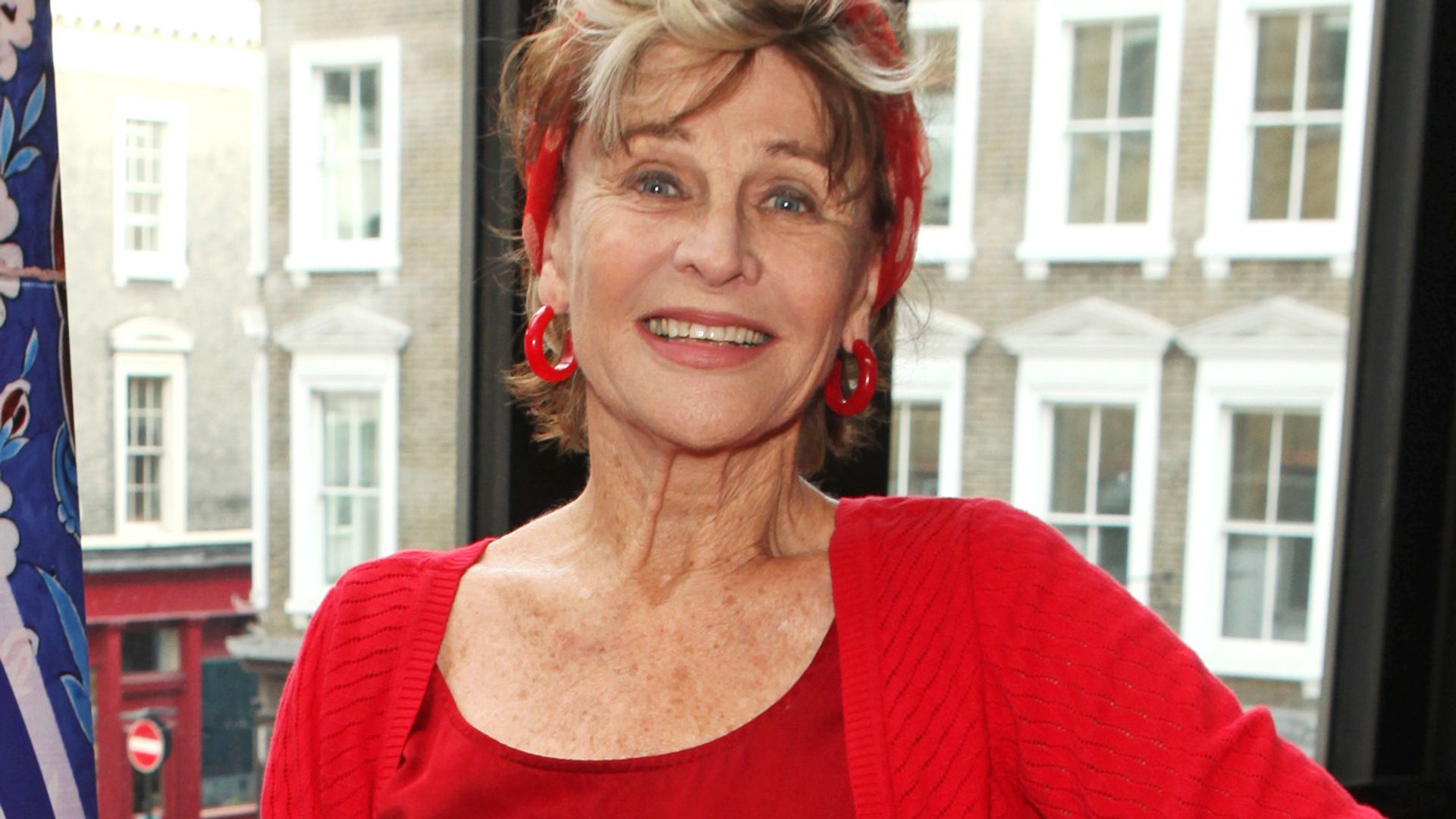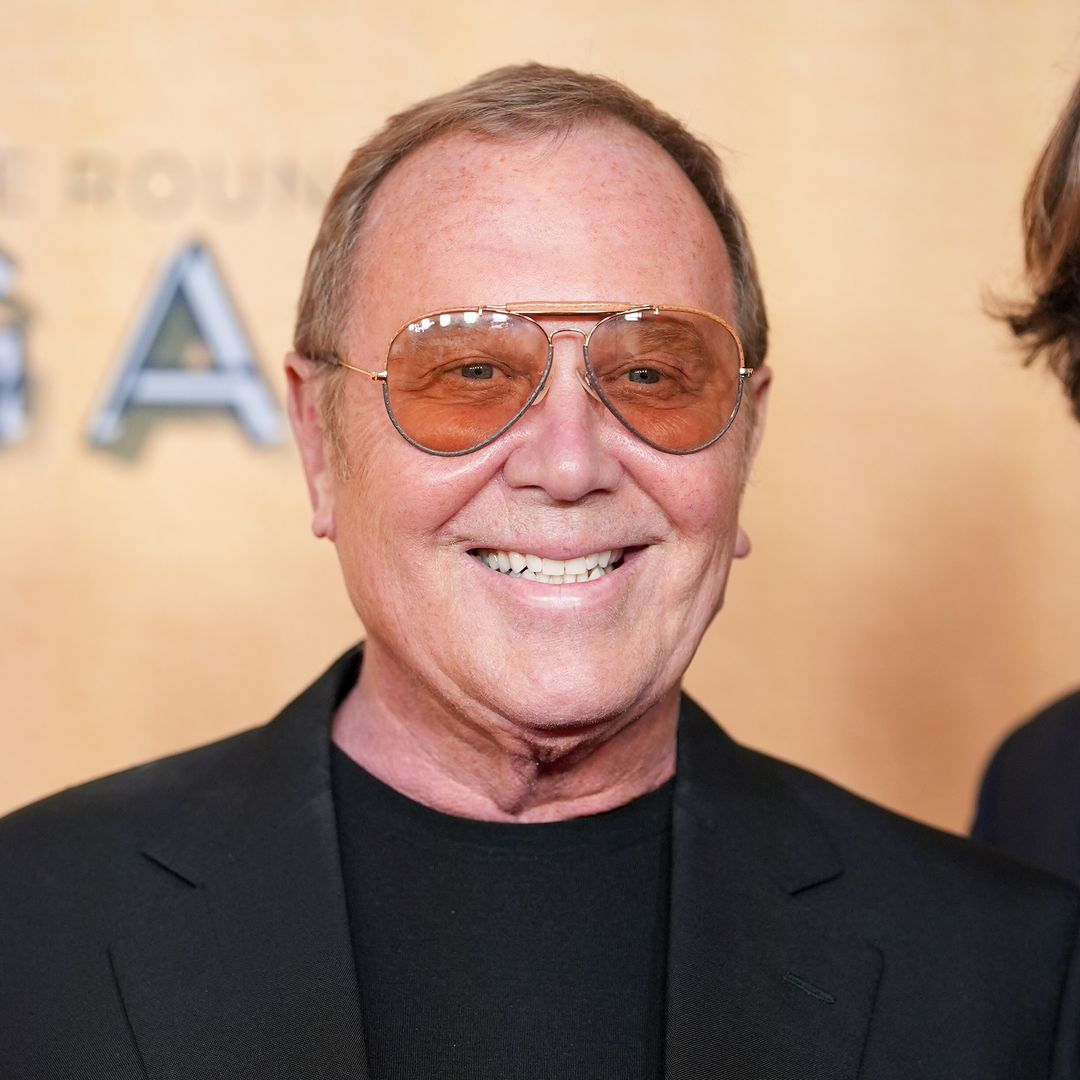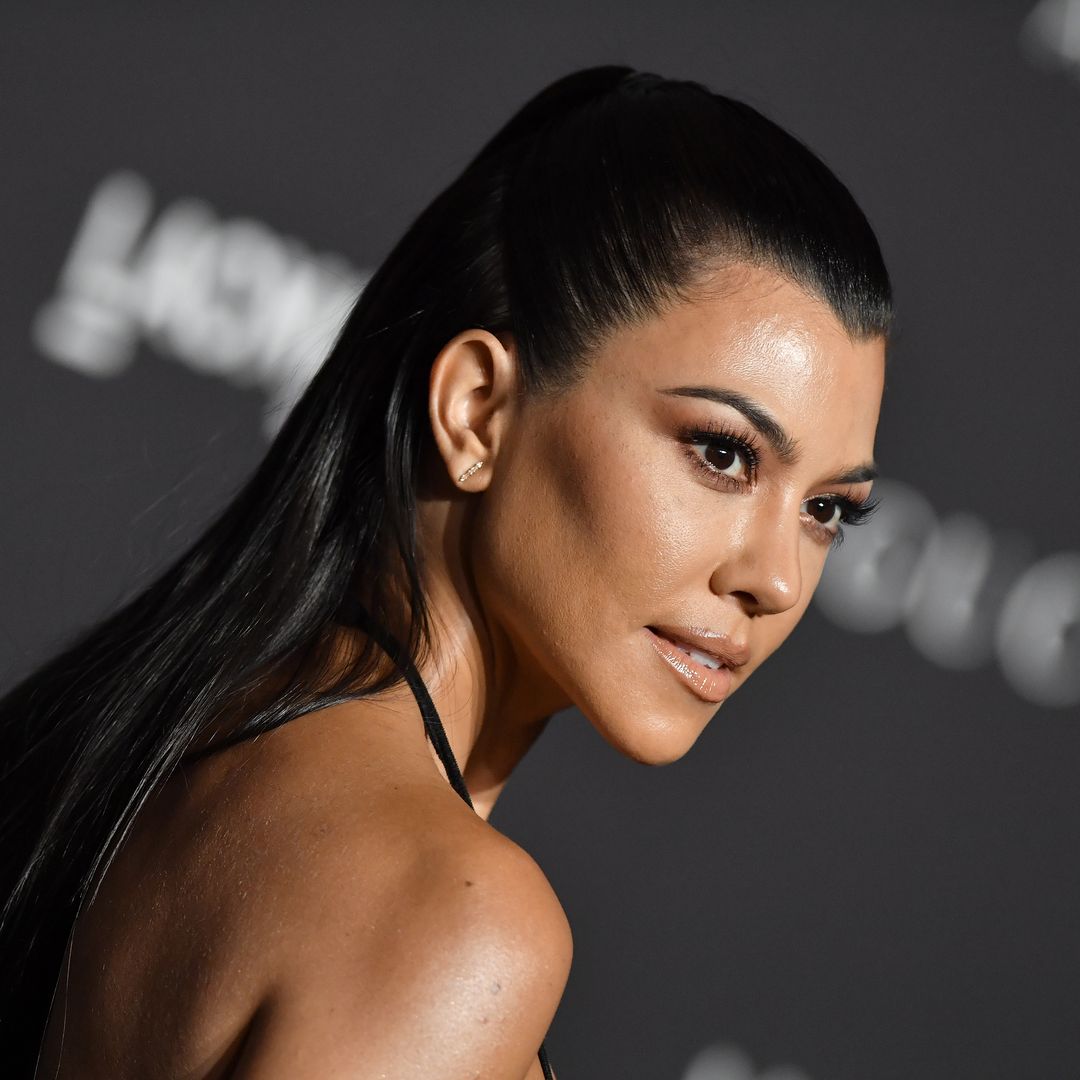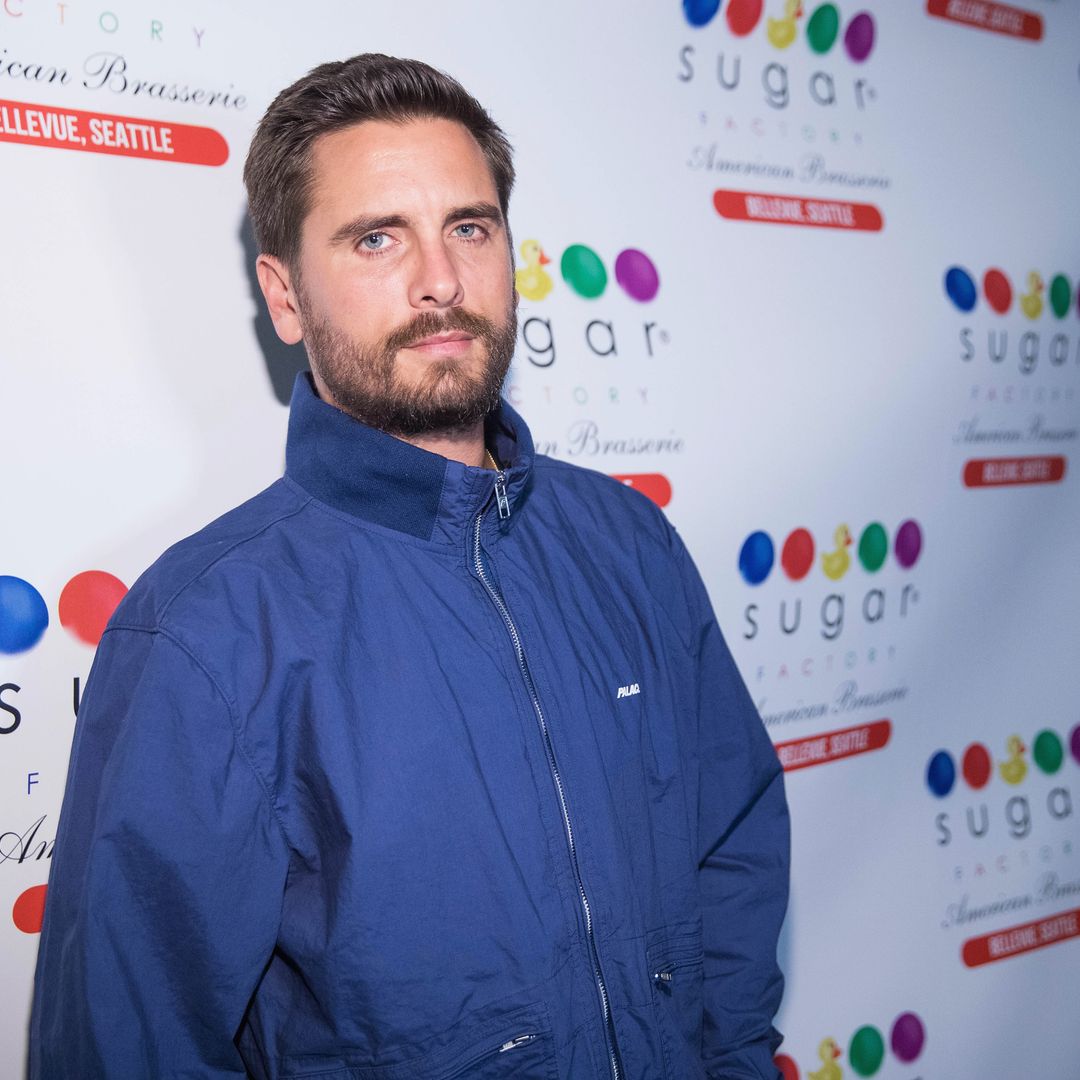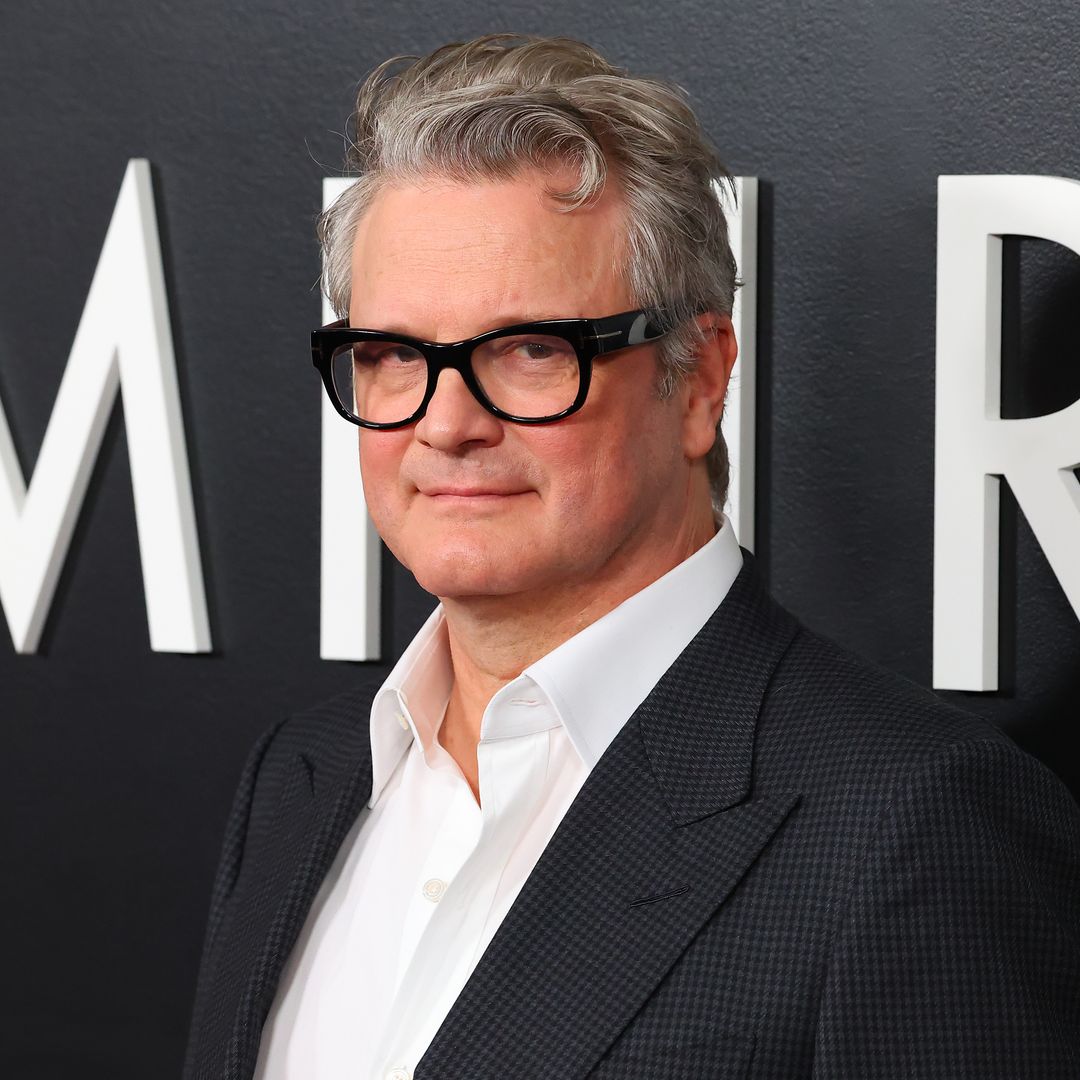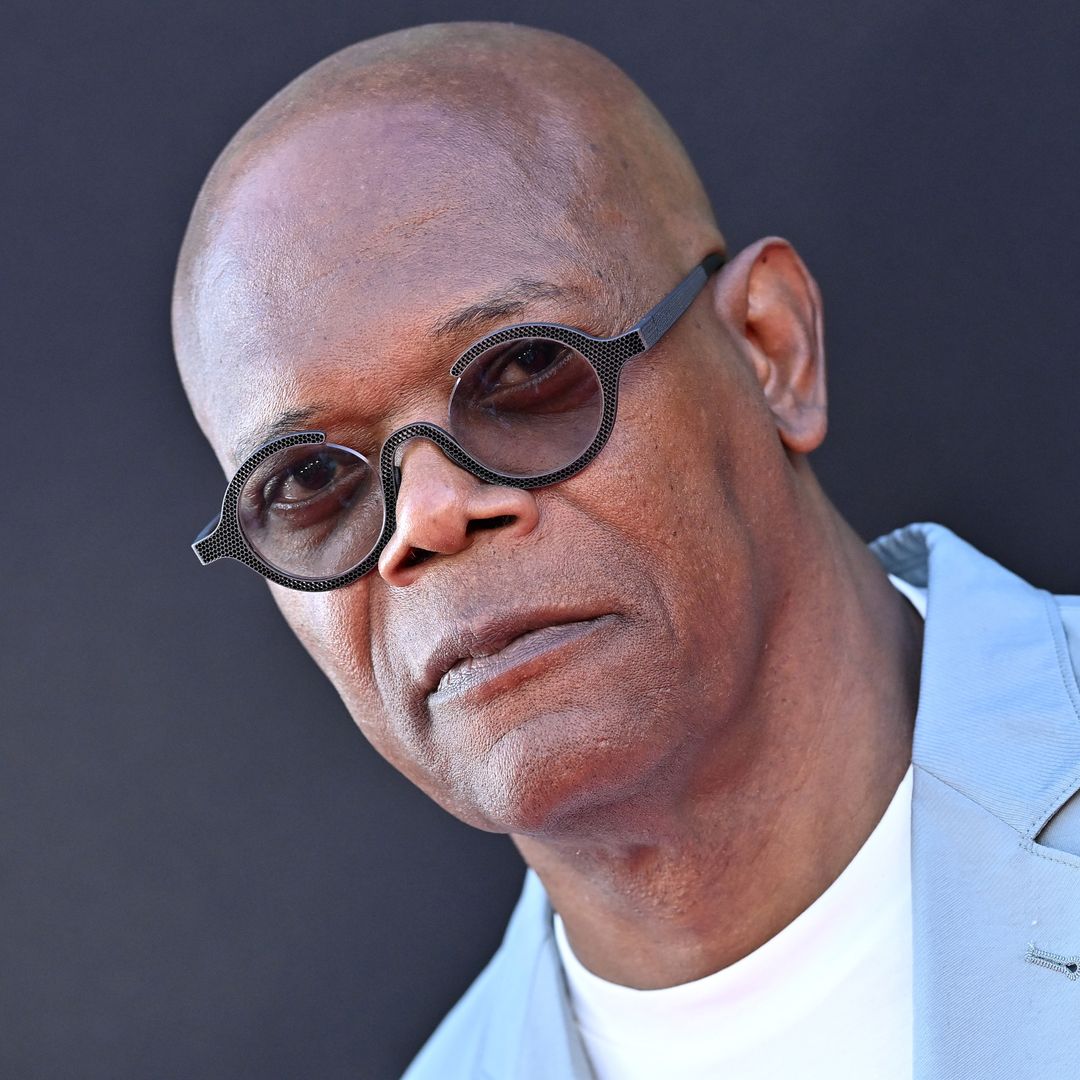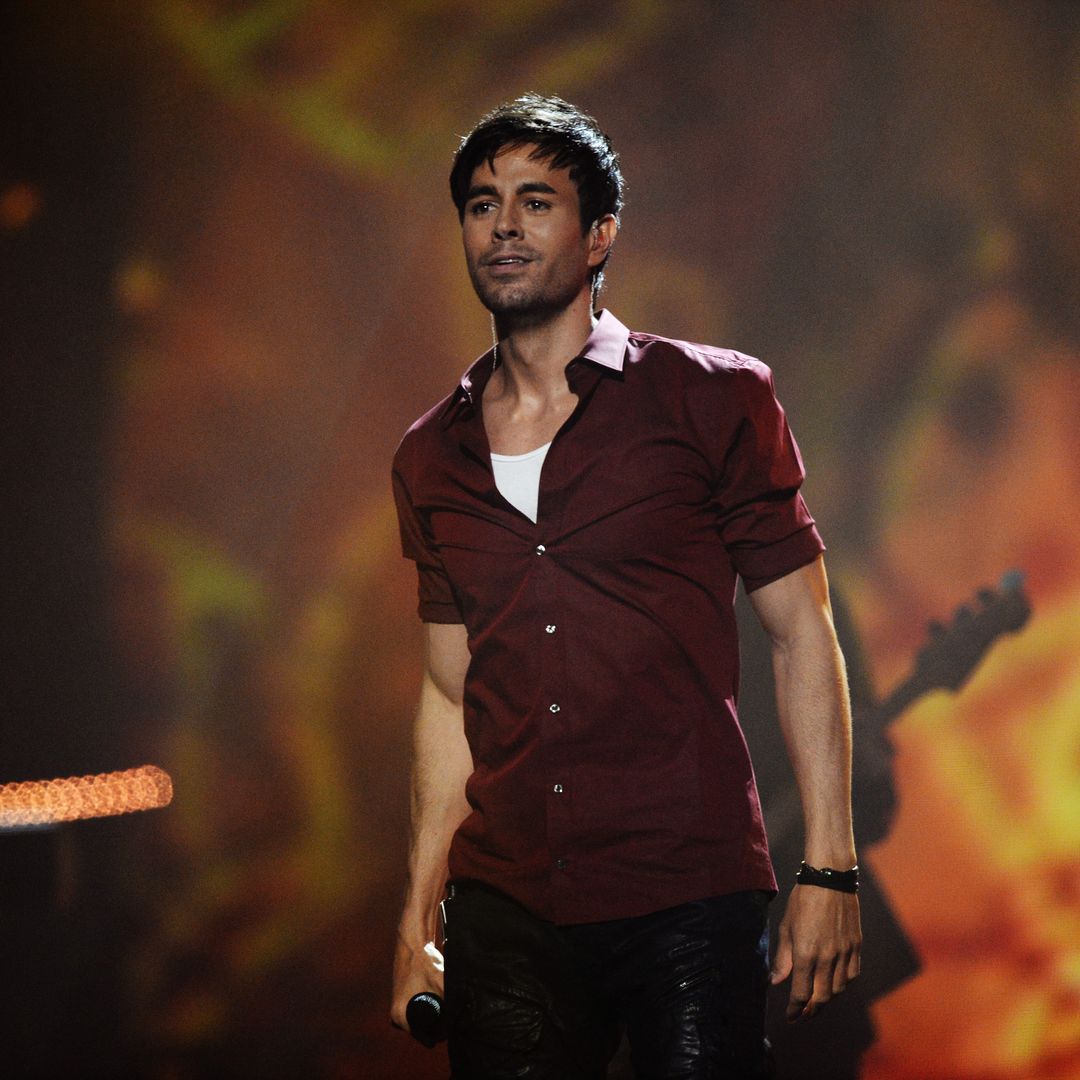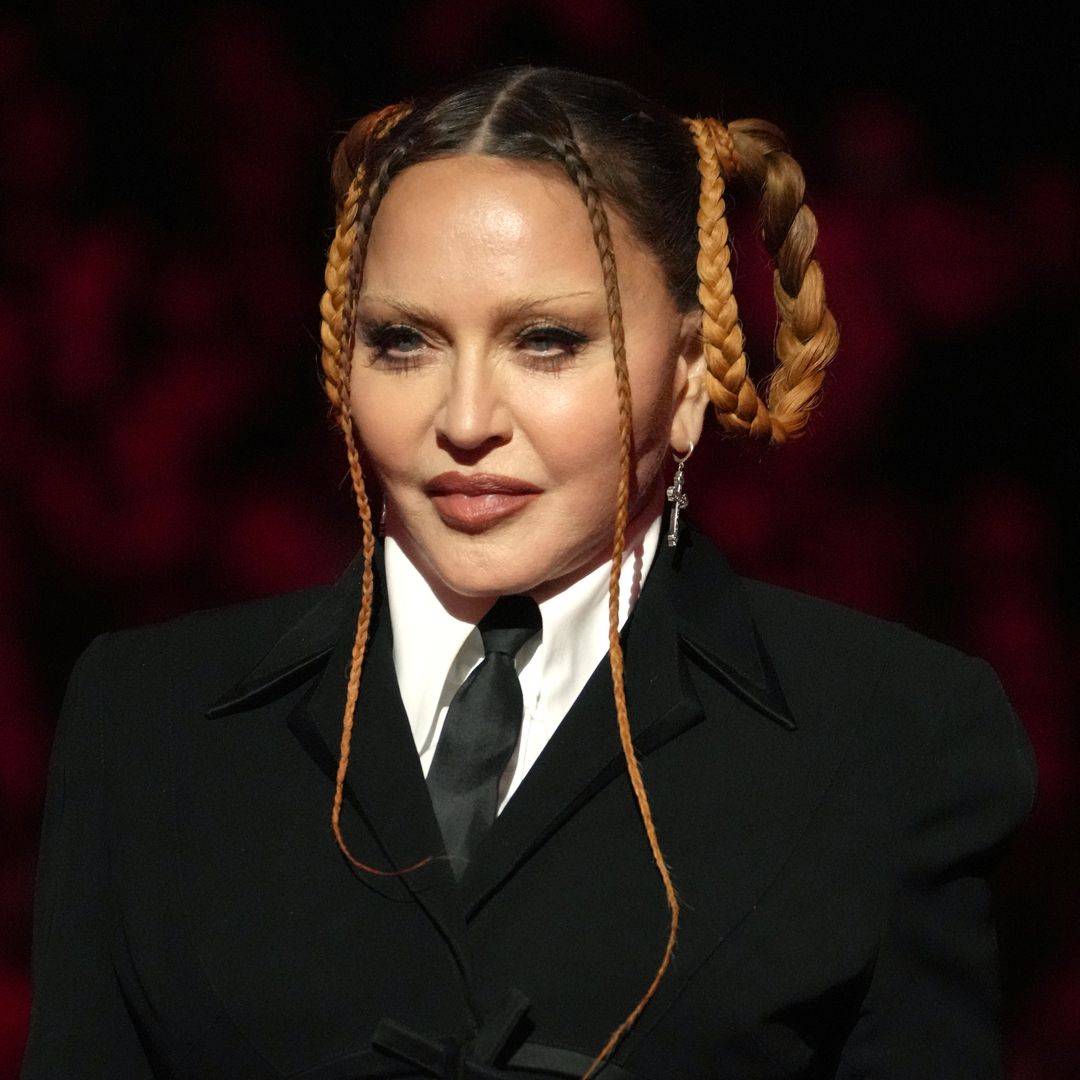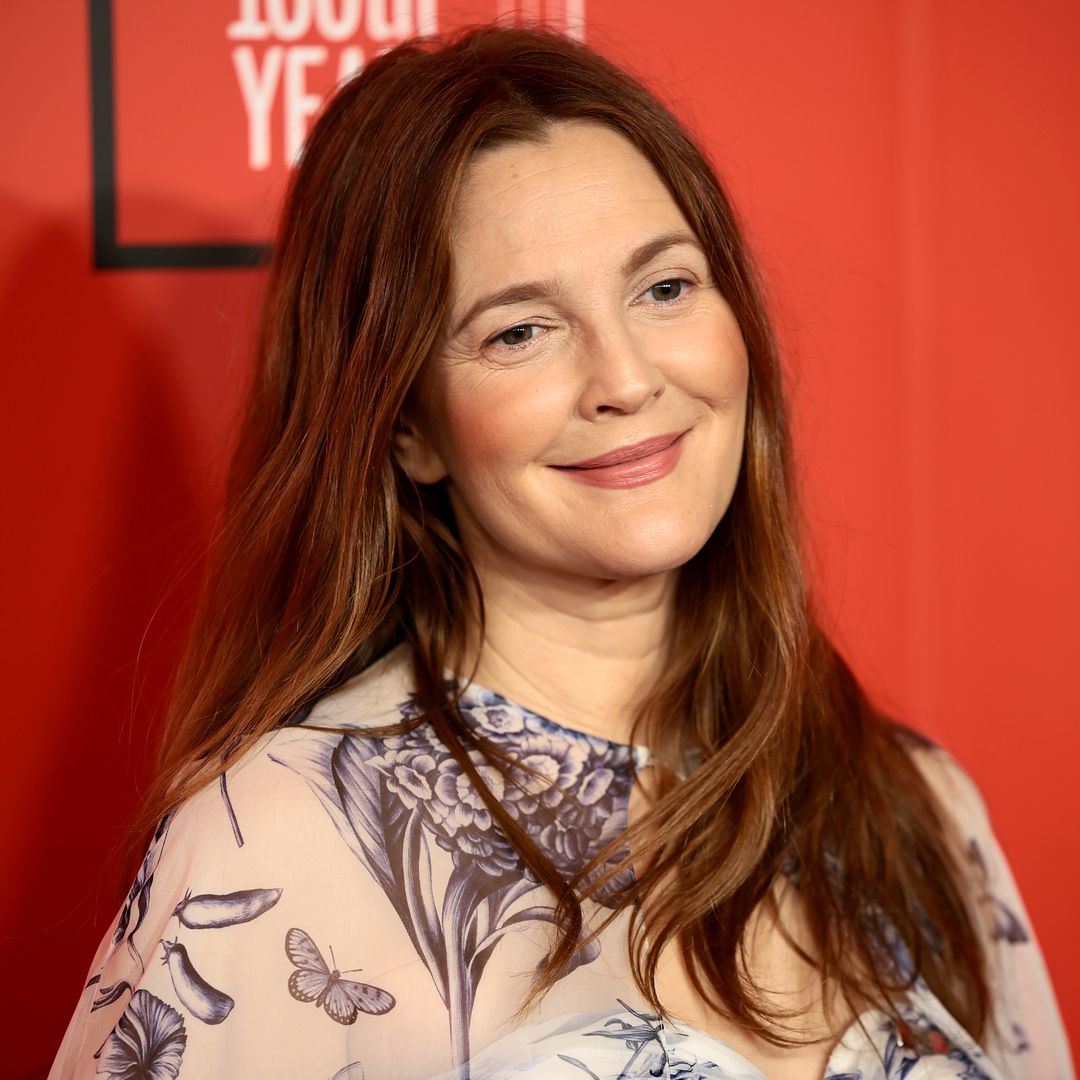Who is Julie Christie?
Julie Francis Christie was born on April 14, 1941 in Assam, India, to Rosemary, a Wales-born painter, and Frank, who ran the tea plantation where she grew up. At the age of six she was sent to live with a foster mother so she could attend a convent school in England - from which she was later expelled for telling a rude joke.
After her parents separated during her childhood, she spent time with her mother in rural Wales before heading to Paris to finish her schooling and brush up on her French. A keen linguist, she speaks fluent French and Italian. She then returned to Britain and enrolled in London’s prestigious Central School of Speech and Drama.
Julie Christie’s Early Career
Her 1957 stage debut was a low-key affair, as a member of Essex’s Frinton Repertory. Four years later she made her first appearance on TV in the science fiction series A For Andromeda and a year later landed her breakthrough role in comedy Crooks Anonymous.
Julie Christie’s Rise to Fame
Julie went on to make a big impact as Liz in the 1963 movie Billy Liar, leading the film’s director to cast her in Swinging Sixties flick Darling. Her portrayal of amoral model Diana Scott won her an Oscar for her portrayal of her free-spirited nature and she became known worldwide.
A role as love-challenged Lara in box office hit Dr Zhivago further cemented her reputation and brought with it further opportunities. She turned most down, however, in favour of independent projects such as Fahrenheit 451. In 1967, the same year she appeared in Far From The Madding Crowd, Julie began a seven-year, intermittent love affair with American actor Warren Beatty.
Increasingly interested in political issues and animal rights, Julie seemed to lose impetus in furthering her career. She turned down the lead in They Shoot Horses, Don't They? and Anne Of The Thousand Days, which delivered Oscars for second-choice actresses Jane Fonda and Genevieve Bujold. However in 1973 she gave one of her best performances in Don’t Look Now, and moved audiences with her effortless portrayal of a woman plagued by family deaths whilst maintaining her dignity.
Her 1969 film In Search Of Gregory was, for her, a rare box office flop. But the following years The Go-Between brought more critical acclaim, while Robert Altman’s 1971 classic McCabe & Mrs Miller, in which she starred alongside Warren as a tough cockney madam, brought another Academy nod.
Although Julie and Warren's relationship ended in the mid-Seventies, they remained friends and worked on several more films together, including 1975’s Shampoo and, three years later, Heaven Can Wait. Warren dedicated his 1981 film Reds to her after she turned down the role of Louise Bryant which eventually went to Warren’s new lover, Diane Keaton.
Julie Christie’s Marriage to Duncan Campbell
By the end of the Seventies, Julie wanted out of LA and bought herself a farm near Montgomery in North Wales, inviting some friends to stay with her. It is the way she still lives. She also has a house in London’s East End that she also shares with friends.
Fiercely independent, she’s always shied away from conventional relationships and has been with her longterm partner Guardian investigative journalist Duncan Campbell since 1979 but never lived with him.
In January 2008, however, Julie’s brother Clive revealed the pair had apparently made their relationship official and wed two months earlier in India.
Julie Christie’s Career Reborn
In the 1980s it was often assumed she had retired, although there always seemed to be a next film - but it was into campaigning against various issues, from nuclear waste to animal cruelty, that she really threw her energy. She made something of a comeback in 1996 when she was persuaded by Kenneth Branagh to take on her first Shakespearean role as Queen Gertrude in his screen version of Hamlet.
The following year she put in a second Oscar-winning performance as an unhappy wife in domestic drama Afterglow, but then continued to turn down lead roles, taking instead small parts in films such as Harry Potter and the Prisoner of Azkaban, Troy and Finding Neverland - for which she earned a best supporting actress BAFTA nod.
Further, in 1997 she received the highest BAFTA award, the Fellowship, for her contribution to British cinema.
A determined onslaught by Canadian director and actress Sarah Polley, who'd become friends with the star when they appeared together in No Such Thing and The Secret Life Of Words, bore fruit, though. Julie agreed to portray the lead in Sarah’s directorial debut Away From Her, about an Alzheimer sufferer who checks herself into a home to save her husband from having to look after her.
The result was a mesmerising performance which earned her a Golden Globe and her fourth Oscar nomination.
